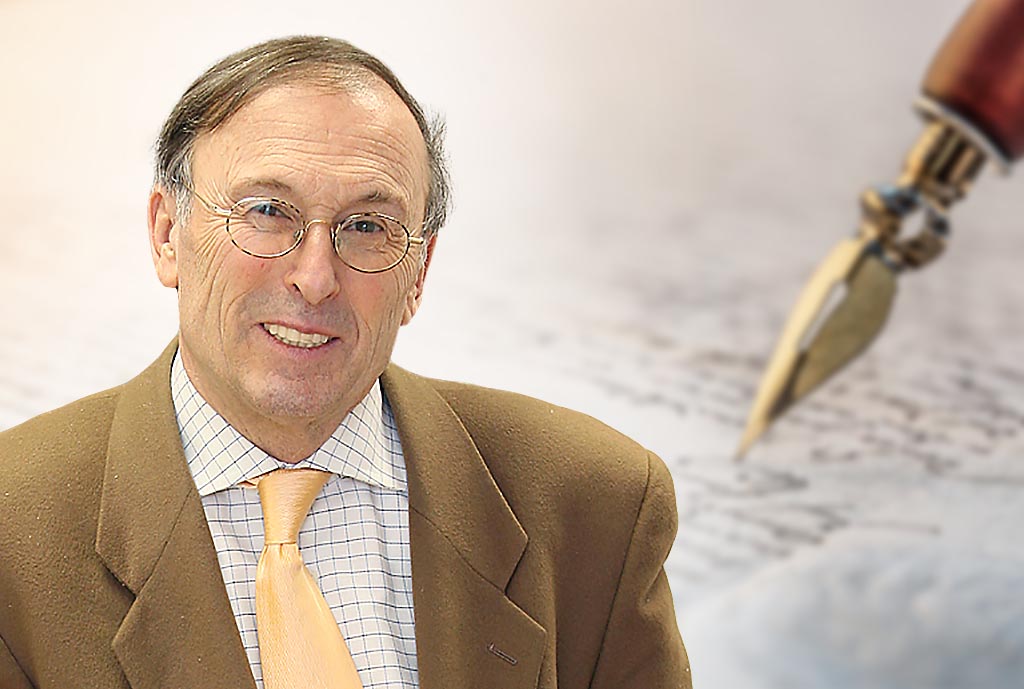By: Dr Damjan Prelovšek
Among the series of events burdening the Mayor of Ljubljana, Zoran Janković, is also the forced relocation of the city archive from its premises on Town Square, where it has been housed since its establishment in 1898. So far, not much has been written about it. Some may dismiss it, saying that Ljubljana has other, more important concerns than storing old paper. However, it is not quite so. Preserving documentary material about the past of our capital is closely linked to strengthening national identity, for which our mayor shows no sensitivity.
He was born in a Serbian village far from the Slovenian capital and its cultural past, which he now arbitrarily mistreats with the help of predominantly immigrant voters. He cares very little for a certain archive. For several years, he has been striving to relocate it from the municipal premises, which he has designated for his bureaucrats. In early 2020, there was even an agreement between him and the Ministry of Culture to postpone the eviction until the construction of a new building on the state-owned plot near Kvedrova Street. It was an oral agreement that was never formalised with the signatures of both parties. Therefore, it was easily possible to bypass the agreed-upon arrangement in a Balkan-style manner. This was followed by a dispute between the archive management and Janković, in which the stronger and more violent party prevailed.
The Historical Archive had to relocate to temporary premises on Trdinova Street. However, it was only a new reception office, while the archival material remained deposited at three locations on the city outskirts. This situation is guaranteed for the next five years, but what will happen in the future, no one knows. The fate of the archive is sealed for an indefinite period, as the construction of new archival spaces is not among the priorities of either the state or the city. For archive visitors, especially those dealing with older urban history, this means a long wait for ordered material, as delivery from dislocated storage can take several days. It is needless to emphasise that systematic research work is hindered by this, and daily transport over long distances is not beneficial to archival materials, especially if they are old and sensitive documents. Anyone who has worked in an archive knows that not all desired material can be obtained immediately; it often needs to be ordered multiple times. What used to be done in a few hours at the original location can now stretch over a whole week. In short, archival material is less accessible, ordering is more time-consuming, and the loss of time is enormous. As mentioned, it is also not clear when or if things will improve. Once again, the authoritarian primitivism has triumphed in Ljubljana.
If it were a facility intended for leftists, for example, Cukrarna, Rog, Švicarija, Metelkova, Tobačna, and the like, the problem would be immediately solved. However, for more serious institutions like faculties, libraries, and archives, there is no real consideration. They will continue to squeeze into unsuitable spaces or additions, just so that the leftist youth, together with non-Slovenian immigrants, can continue to praise our virtuous mayor and entertain him with Balkan songs. Where are the times when Mayor Ivan Hribar, with the establishment of the city archive, far-sightedly recognised its importance? He appointed the poet Anton Aškerc as the archivist, who wrote: “All local history… passes by our eyes if we examine our city archive.” Where are the times when the architect Plečnik built the capital of our nation in much more modest conditions but with much greater national enthusiasm? Where are the times when Slovenes established their university and other scientific and cultural institutions? Where are the times when city councillors still recognised their national mission? That the situation was once quite different can be learned precisely from archival documents. However, this is evidently not the intention of our leftists, for whom national consciousness means nothing at all.

